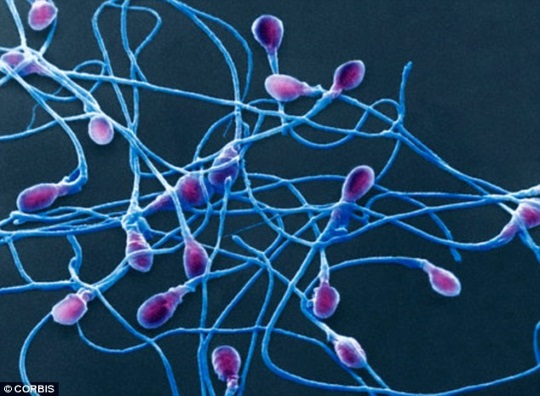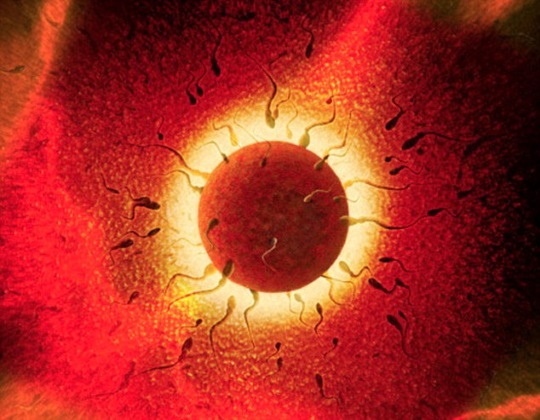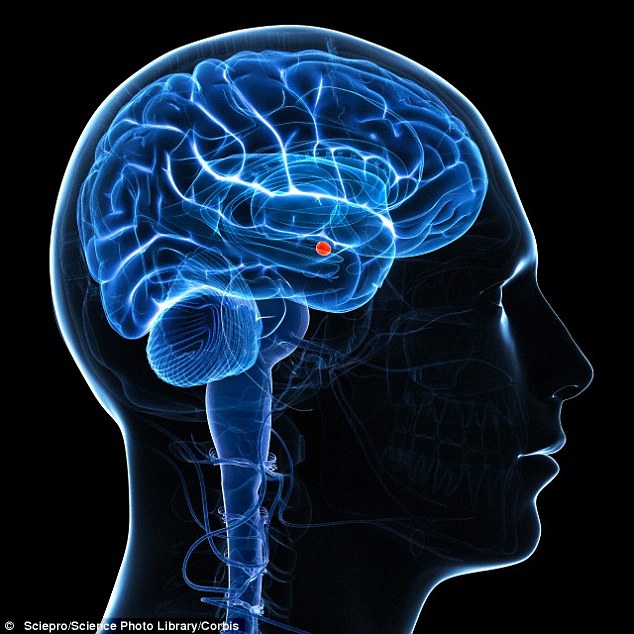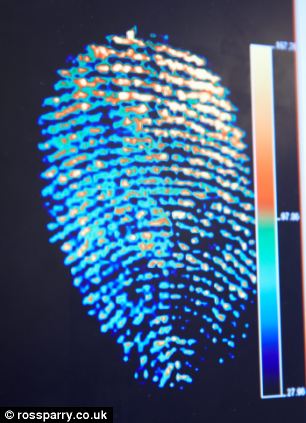Infertility 'Revolution' As Scientists Grow Sperm in the Lab
Landmark study brings hope to those such as childhood cancer survivors… While IVF can help some infertile men, many are told nothing can be done… Now Chinese researchers have succeeded in making mouse sperm in lab… They then used it to fertilise eggs, which led to the birth of baby mice…
Infertility treatment could be revolutionised after scientists succeeded in making sperm from scratch in the lab. The landmark study brings hope to thousands of men, including survivors of childhood cancer, who are desperate to become fathers. The breakthrough means that in the future, sperm ‘grown’ from slivers of their skin could allow them to have children that are genetically their own. Around one in seven couples has trouble conceiving, and although infertility is traditionally considered a female issue, the problem is as likely to lie with the man as the woman. And while IVF can help some men, many are told that nothing that can be done. The creation of sperm in the body is so complex and lengthy that it had been thought impossible to recreate in a dish. Scientists have had some success in recent years, but the latest research, from China, is the most thorough and promising yet. The Nanjing Medical University team not only succeeded in making mouse sperm in the lab – they used it to fertilise eggs, which led to the birth of baby mice. Importantly, these pups were healthy and went on to have young of their own, the journal Cell Stem Cell reports. The team began by taking embryonic stem cells – blank cells with the power to turn into other cell types, creating a ‘repair kit’ for the body. They used a cocktail of chemicals, hormones and testicular cells to turn them into ‘spermatids’.
These are round, early-stage sperm, which lack tails but can still fertilise eggs. The researchers plan to start trying to create human sperm soon and say it could be in use in IVF clinics within a decade. The stem cells used came from embryos but using a sliver of a man’s skin as starting material for the new sperm would allow him to have children that are genetically his own. Researcher Jiahao Sha said his work ‘holds tremendous promise for treating male infertility’. He added: ‘Because currently available treatments do not work for many couples, we hope our research could substantially improve success rates for male infertility.’ British and US experts agreed the work has the potential to transform IVF treatment – but cautioned that what works in mice doesn’t always work in people. Safety is also a major concern. Dr Terry Hassold, as Washington State University, said the technique could ‘revolutionise assisted reproduction as we know it’. He added: ‘All IVF clinics would be likely to hop on it.’ Dr Kyle Orwig, of the University of Pittsburgh, said the research has the wow-factor. However, only time will tell if it will help men. Professor Allan Pacey, a Sheffield University male fertility expert, said being able to make artificial sperm ‘would be remarkable’. By unlocking the secrets of male reproduction, the breakthrough could also lead to new contraceptives and even ‘miracle pill’ to treat infertility. However, it also raises a host of ethical concerns, including the possibility of a dystopian future in which men are redundant from the process of creating life. Other possibilities include ‘female’ sperm, made from a woman’s skin cells. Written By Fiona Macrae Retrieved From:
|
|


















